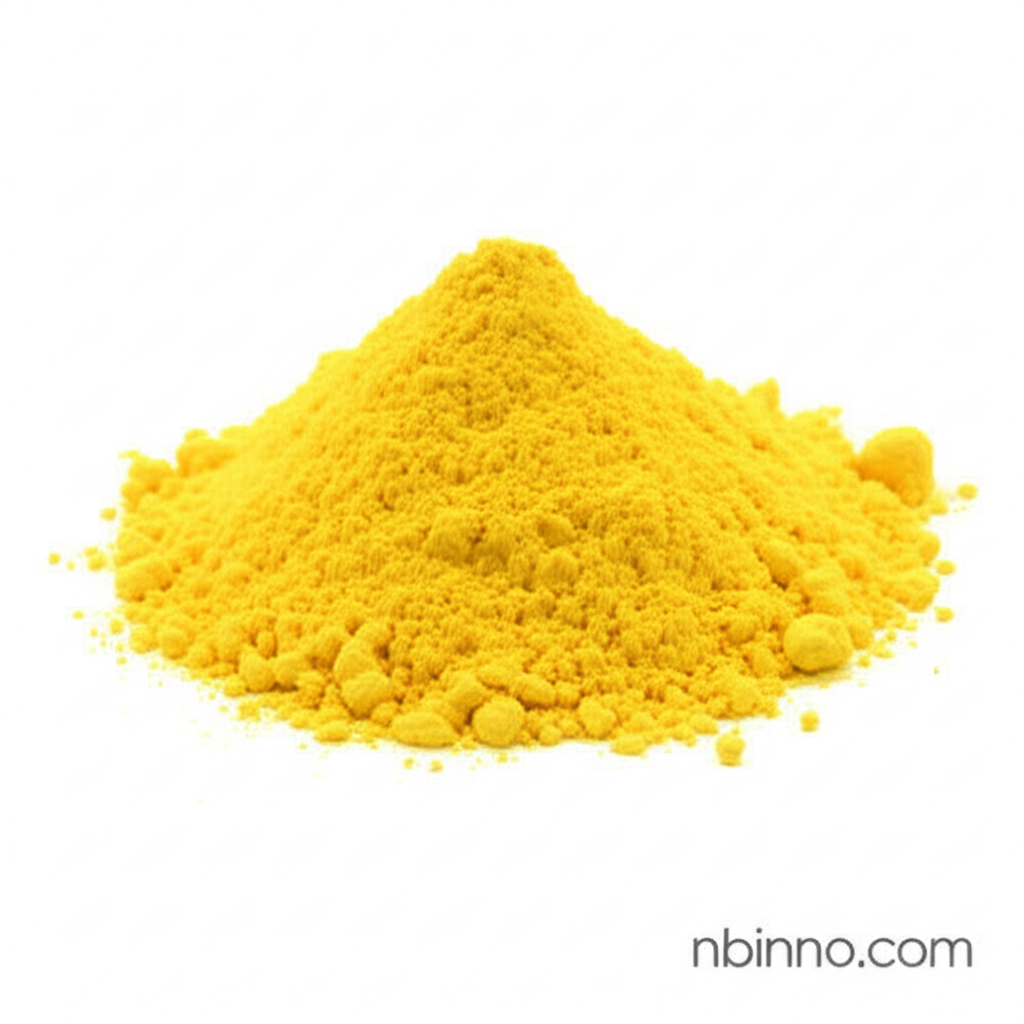Ammonium Chloroplatinate: Properties, Uses, and Applications in Platinum Plating and Catalysis
Explore the essential compound Ammonium Chloroplatinate (CAS 16919-58-7), a key material for high-quality platinum plating and the production of vital platinum sponge catalysts.
Get a Quote & SampleProduct Core Value

Ammonium Chloroplatinate
As a reliable supplier in China, we offer Ammonium Chloroplatinate, a crucial inorganic compound extensively used in the electroplating of platinum and the manufacture of platinum sponge. Its unique chemical properties make it indispensable for creating high-quality platinum coatings and for catalytic applications.
- Learn about the uses in platinum plating, a critical process for creating durable and conductive surfaces, leveraging our expertise as a manufacturer in China.
- Discover how Ammonium Chloroplatinate contributes to the manufacture of spongy platinum, a vital material for catalytic converters and fuel cells.
- Understand the chemical reaction for platinum plating involving this compound, ensuring optimal results for your industrial needs.
- Explore its role in various chemical reactions, highlighting its versatility in advanced materials manufacturing.
Advantages You'll Get
High Purity Platinum Source
Ammonium Chloroplatinate serves as a consistent and high-purity source of platinum, crucial for achieving superior performance in platinum plating applications and ensuring the efficacy of platinum sponge catalysts.
Versatile Chemical Reactivity
Its chemical properties allow for diverse applications, including its use in electroplating and as a precursor in the manufacture of other platinum-based compounds, making it a versatile material for various chemical reactions.
Key for Catalytic Processes
As a precursor to spongy platinum, it plays a vital role in the development of highly effective catalysts used across numerous industrial sectors, driving innovation in chemical synthesis and environmental applications.
Key Applications
Platinum Plating
Ammonium Chloroplatinate is a primary compound used in the electroplating industry to deposit thin, durable layers of platinum onto various substrates, enhancing their conductivity and resistance to corrosion.
Spongy Platinum Manufacturing
It is a critical precursor for producing spongy platinum, a highly porous form of platinum essential for its extensive use as a catalyst in chemical reactions and pollution control systems.
Catalyst Precursor
This compound serves as a foundational material for synthesizing advanced platinum-based catalysts, supporting innovation in areas like fuel cells and chemical processing.
Chemical Synthesis
Its controlled decomposition and reactivity make it valuable in specific chemical synthesis pathways, particularly those involving precious metals and complex inorganic materials.
